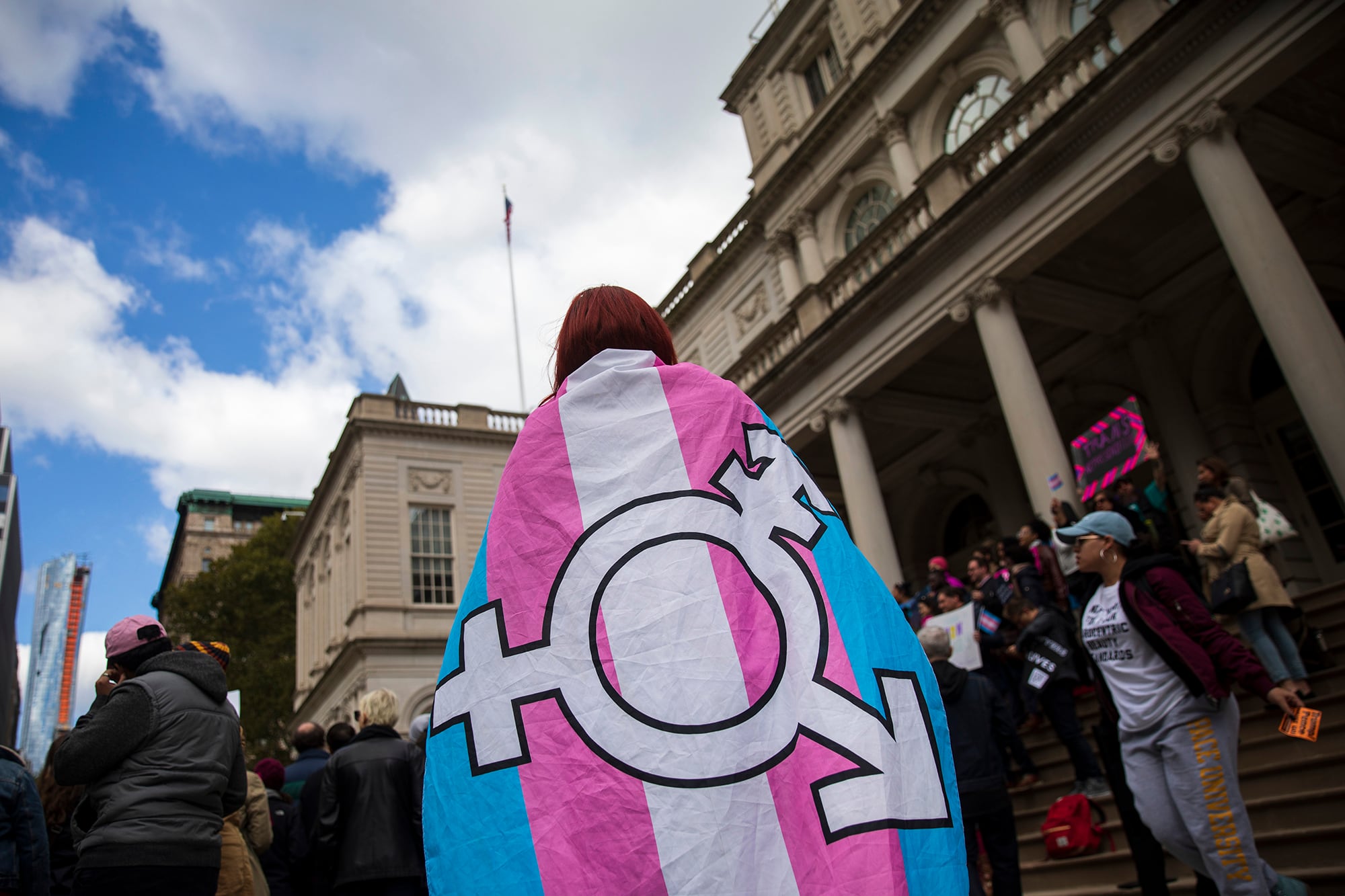As we marked Military Appreciation Month in May, I held a special place in my thoughts for the transgender service members who are feeling honored for the first time, now that transgender people are able to serve openly. That’s a result of President Biden’s reversal of the Trump administration’s anti-transgender military ban, which kept transgender service members in fear of being discharged for living as their most authentic selves.
I served in the United States Army for more than three decades, including as an Army major general, chief of the Army Nurse Corps, the acting U.S. Surgeon General of the Army, and commander of the US Army Medical Command. And as President Trump pushed his proposed military ban, I spoke out against it, alongside colleagues in my field. The blanket ban on open service for trans people horrified me because at its root, it sent a message of disrespect, exclusion, and dishonor for Americans, many who were already courageously serving our country.
But even as we move past that grim chapter, I know that lesbian, gay, bisexual, and transgender (LGBT) service members are still denied equal treatment in key areas of their lives. Because of a lack of comprehensive laws at the federal level and in many states, LGBT people are left vulnerable to discrimination in areas like housing, health care, and public spaces like restaurants and bars. LGBT service members often return home from years of military service and find themselves worrying about being denied service or mistreated just because of who they are or who they love.
There’s an easy fix to the problem — and it’s closer than ever to becoming a reality. The Equality Act would update and expand our country’s existing federal nondiscrimination laws so LGBT people are protected. The bill has already passed the House with bipartisan support, and now it’s up to the Senate to take action.
The Senate has voted to protect gay, lesbian, and bisexual service members before, in one of the few LGBT-supportive bills ever passed by Congress: the repeal of the archaic “don’t ask, don’t tell” policy. For nearly 20 years, the DADT policy prohibited open military service for gay, lesbian, and bisexual Americans, a systematic and widespread example of employment discrimination. I watched LGBT colleagues and patients hide who they were, living in fear, which was disappointing and disturbing. It was a joy to see a strong bipartisan majority in Congress come together to repeal DADT and remove this barrier to freedom — it finally was enacted in 2011, 10 years ago this summer.
I had retired just a few years before the repeal of DADT, but I was glad to see it happen. Throughout my career, I have always been driven by the fact that we are all human beings with the same basic needs — such as water, food, safety, security, shelter. We want all of those things for ourselves and for the people that we love. Forces of division may try to separate us because of our education levels, family backgrounds, faith traditions, races, sexual orientations, or gender identities — but ultimately, we are more alike than different.
Americans who have served in the military have traveled the world, and we’ve seen this to be true no matter where we are: When you talk to people as human beings, you find out quickly: People are thirsty and hungry, they want safety, they want security. We’re all the same.
LGBT Americans want this same safety and security, too — but the deck can be stacked against them because of bias, prejudice, and discrimination. We’ve made significant strides toward correcting these injustices, most powerfully, in my opinion, by ensuring that any brave LGBT person can serve their country proudly and openly. But there’s a major milestone we haven’t yet reached — and this is the year to do so. This is the year to pass that Senators should reach past their differences and find common ground to pass the Equality Act.
There’s no better time to take action on behalf of LGBTQ service members — as we approach the 10th anniversary of DADT repeal, and in this first year of open service for transgender people. If we truly want to appreciate all of our military families, we must ensure that no one is left vulnerable to discrimination at home.
Retired Maj. Gen. Gale Susan Pollock served as acting Surgeon General of the U.S. Army. She lives with her husband in Gettysburg, Pennsylvania.
Editor’s note: This is an op-ed and as such, the opinions expressed are those of the author. If you would like to respond, or have an editorial of your own you would like to submit, please contact Military Times managing editor Howard Altman, haltman@militarytimes.com.





